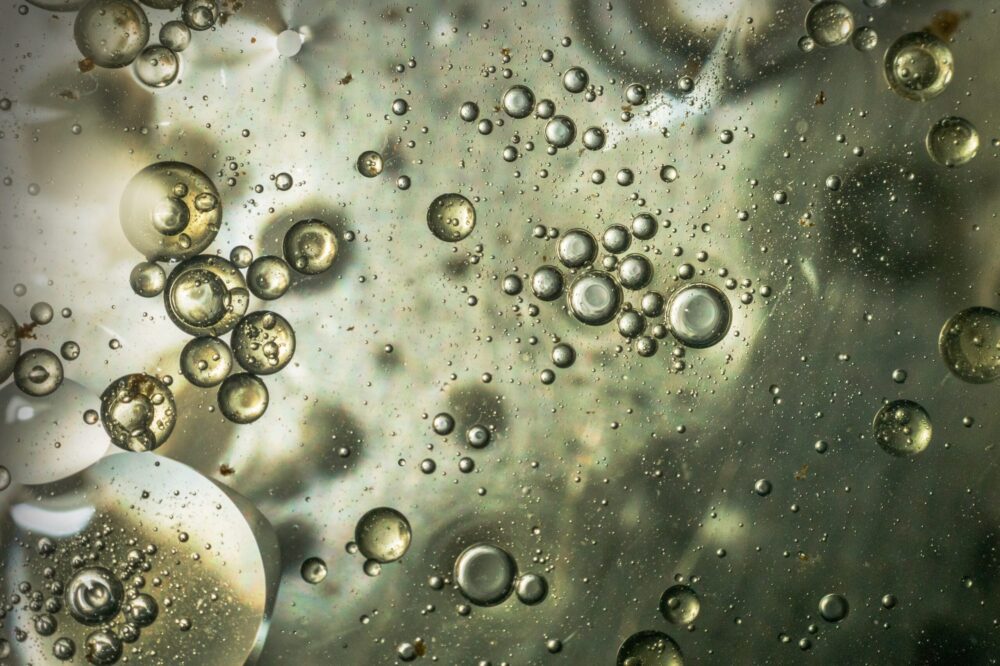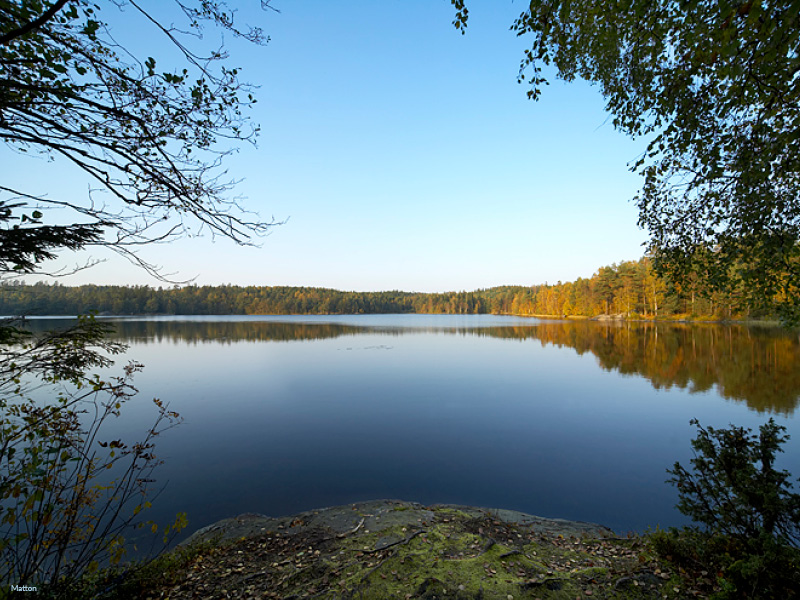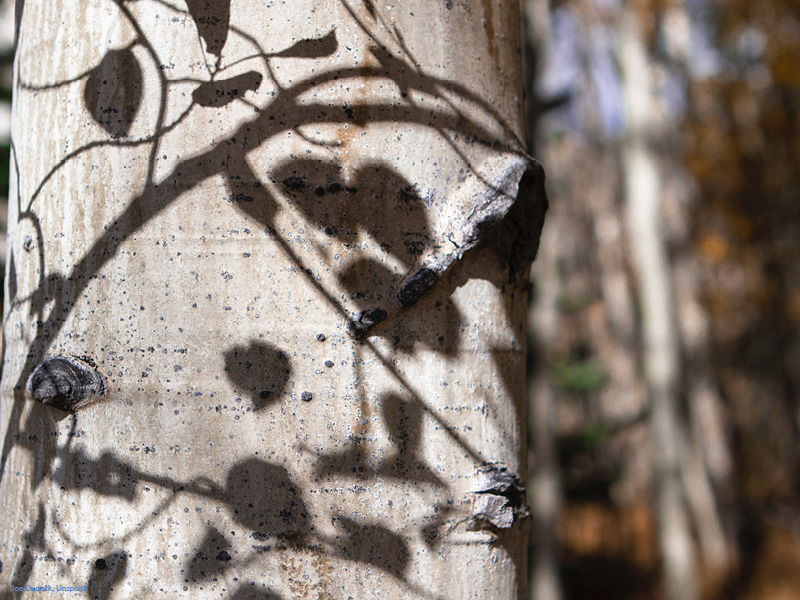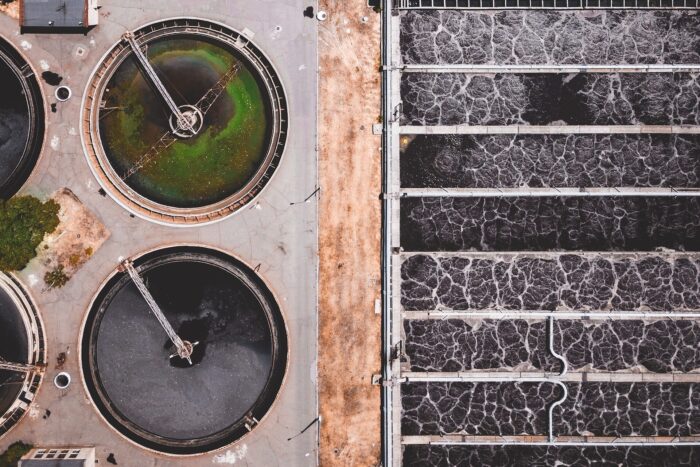CReative Construction Of DefoSSilized Value Chains – CROSS

Deep decarbonization of the society requires rethinking of the production routes and value chains with a radical switch to renewable carbon, utilizing all available indigenous biomass resources/residues.
Biomass-derived alcohols offer a plethora of solutions for producing industrially important chemicals (IIC) and energy carriers utilizing common infrastructure.
This project aims at developing an integrated alcohol biorefinery with common production routes for IIC and energy carriers, thus providing improved economies of scale and a holistic solution for decarbonizing Sweden. More specifically, debottlenecking of the routes for production of C4+ products and utilization of byproducts from ethanol production is of focus. The long-term goal is to design a modular, biorefinery with the expected CO2 savings ranging between 70 and 75 ktpa.
The project will be a steppingstone for next generation biorefineries, which will enable distributed sustainable solutions creating new value chains.

Efthymios Kantarelis
KTH Royal Institute of Technology

ekan@kth.se
Project information
Participants
KTH
Lund University
Perstorp AB
Bona Sweden AB
Lantmännen
Time schedule
November 2022 - December 2025
Total cost of project
9 384 704 SEK
Swedish Energy Agency project number
2022-00538
More projects

A flexible bioeconomy – key factor to enabling investments in large-scale biorefineries
Domestic sustainable biogenic feedstocks are important in the energy system transition, but their use is severely limited by a lack of investment…
Manager: Elisabeth Wetterlund
Ongoing

Sustainable cultivation of root sucker generated hybrid aspen
Hybrid aspen is an interesting alternative in developing renewable raw materials and phasing out fossil products and energy sources. We have some…
Manager: Nils Fahlvik
Ongoing

What are the current barriers for circular and sustainable use of micro- and macronutrients in biobased value chains?
The increasing demand for sustainably produced biomass for various products places high demands on the circular use of both micro- and macronutrients….
Manager: Nils Skoglund
Ongoing


